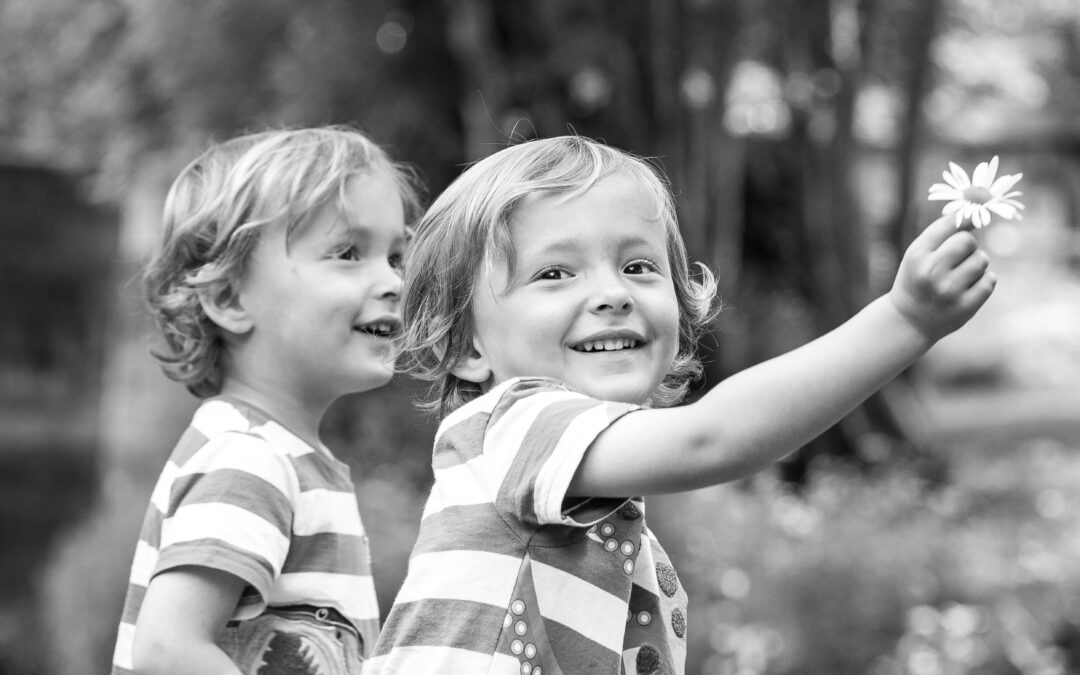When we meet families during a consultation, they have often read lots of conflicting information and the more they read, the more they doubt themselves as parents and the more their confidence starts to decrease as a result.
The dress analogy – how confidence can be reduced
If I held up two dresses and asked a friend whether I should wear the red or the yellow one, they would choose one and that would be that. If I then extended my query to my antenatal group, chances are, some would choose the red one and some the yellow one. I would probably feel less certain. If I then posted my dresses on a social media page, I would receive even more conflicting opinions. Some of these might be encouraging but some might make me feel judged for asking, hate one of the dresses or make me question why I’d chosen them in the beginning. I would probably have no clue about which one to wear.
Apart from being dress-less, the other problems this scenario throws up are such a negative outcome would lead to my confidence being affected and mean I was less likely to ask for help again in the future. It also assumes that I should instinctively know what to do.
Is parental confidence due to maternal instinct or a lack thereof?
There is a perception amongst parents that parenthood is innate and that we should naturally know how to do it. An idea that we will all ‘instinctively’ settle into this all encompassing role with great ease and confidence. By contrast, when parents reach out for support, they lack the instinct to know what would be best for their child. Of course this isn’t true! Parenting is a role where you learn as you go and like any other mammoth undertaking, it can and often does take time to find your feet.
The expectations vs reality of our own capacity and abilities.
As humans, we have been parenting for an eternity and we all enter into this process with great intentions. For some parents, the reality of the birth or feeding experience we have had can provide a stark contrast to the high expectations we had before we started. As weeks turn into months of little sleep, this becomes another thing we thought we should have coped better with. As humans, we will all have a different capacity for what we are able to manage and if your friend seems to be managing their tiredness more than you, that is ok. Equally if you cannot cope with being woken repeatedly or kicked in the back for another night and your friend is happily co sleeping, that is also ok.
Stay in your lane
Comparative thinking can be destructive as it will either make you feel that you are doing better than your peers or they are doing better than you. This better or worse mentality leads to rigid thinking and the idea that you either do this or you do that. There are breastfeeding parents who sleep train, bottle fed parents who co sleep, sleep trained babies who are securely attached to their parents and every other possible scenario in between. There is also no right way to be a parent, you have to do what works for your family.
Over time, parents learn how to differentiate between types of crying and the signs that their children are becoming unwell. They know when another busy day will lead to the wheels falling off or when deafening silence in another room can be a sign of mischief! They understand those moments when they tell you they’re ok but you know they aren’t. Parents know when to hold their children close and when to give them some space. That is instinct. And until you get there, reaching out for good quality support from professionals is absolutely fine.
You’ve got this
Parents need support in developing more open and realistic expectations about parenthood. And sometimes, parents just need support; someone to fold up a load of laundry, make them a cuppa and tell them they’re doing brilliantly. And that is ok.
If you want to find out more about how we can help, do get in touch.


Recent Comments